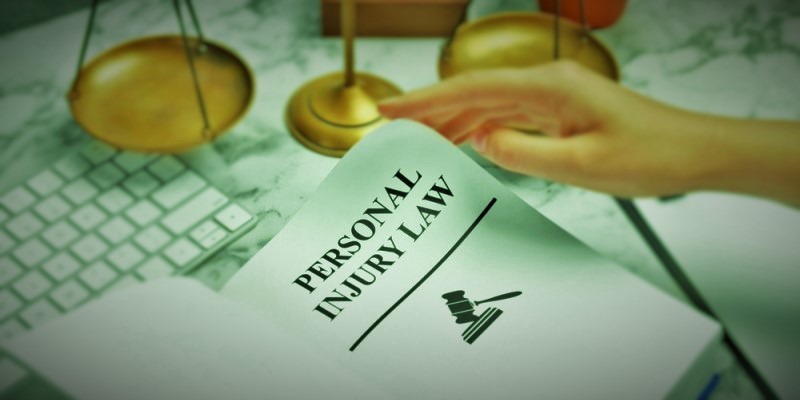In Los Angeles, California, numerous lawsuits are filed resulting from accidents and misconduct. These lawsuits involve personal injury claims seeking compensation for victims who sustain injuries. A thorough understanding of these claims is helpful for victims before pursuing legal action of this nature.
A Claim Cannot Be Brought Based on an Injury Alone
Just because someone has been injured doesn’t always mean that they have a valid claim. To be successful in a personal injury case, the plaintiff must have legal reasons to hold the defendant liable. In personal injury cases, the most prevalent legal argument is negligence. This necessitates proving that the defendant owed the victim a duty.
For instance, if the victim was a client in a shop, the shop owner is responsible for keeping the property safe. The plaintiff must additionally show that the defendant violated this legal obligation through his or her lawyer. They may, for example, have neglected to take the necessary procedures to guarantee a safe working environment. The victim must additionally establish that she was injured as a result of the defendant’s breach of contract.
Additional legal theories, such as strict liability or intentional torts, may be applied. Once recovery is feasible, the plaintiff must establish that all of the necessary parts of the claim have been established, regardless of what legal theory is stated.
Personal Injury Cases can be Categorized in Many Ways
Many people associate the word “personal injury” with suing for damages after a car accident. The law recognizes a variety of personal injury cases, including car accidents, medical malpractice, premises liability, animal attacks, assault, battery, intentional infliction of emotional distress, and any other situation where someone is injured by the negligence of another individual or corporation.
Insurance Companies Often Play a Role in Personal Injury Cases
Insurance companies are involved in many personal injury claims, including car accidents, medical negligence, and incidents that occur in businesses or homes. The insurance firm has a vested interest in safeguarding its financial interests. Because insurance companies are striving to limit their financial liability, the settlement offers they make may not always be fair.
Claims for Personal Injury Settle Most of the Time
Several personal injury lawsuits settle outside of court considering the nature of personal injury litigation and the overburdened judicial system. This means that the result is not decided by a judge or jury. Instead, an injury lawyer for the victim makes a deal, a monetary settlement with the insurer or accused.
The complainant has the option of accepting or rejecting a proposed settlement. Mediation, a collaborative procedure including the participation of the parties in a legal dispute, can sometimes result in a settlement. If a settlement is not reached, the case may be taken to court.
The Victim can Still Pursue Their Claim Even If Partly At Fault
Many jurisdictions use a comparative negligence paradigm, which permits a sufferer to file a personal injury claim even if he or she contributed to the accident in some way. The degree of fault that the victim contributed to the accident may diminish the victim’s recovery in these states. For instance, if a victim receives $100,000 in damages and is found to be 10% at blame, the victim’s maximum claim is $90,000 because he or she is accountable for $10,000 of the losses.
Experience is The Key
Personal injury claims are frequently intricate. When hiring a personal injury attorney, plaintiffs may meet with many attorneys to choose which one will best address their concerns. Because personal injury clients frequently sustain significant losses, the personal injury lawyer must have the experience to assist in the pursuit of the claim and the maximum reimbursement possible.
Personal injury sufferers might inquire about the lawyer’s experience managing personal injury claims. Siman Law Firm in Los Angeles has great experience in dealing with such cases and can assist you in this regard.
Victims May Have a Limited Time in Which They Can File a Lawsuit
A plaintiff may only have a limited duration to file a personal injury claim due to a state’s statute of limitations. A claim can be eternally barred if the statute of limitations has run out. Personal injury cases typically have a three-year statute of limitations, however, this might vary depending on state legislation and the identity or age of the defendant.

